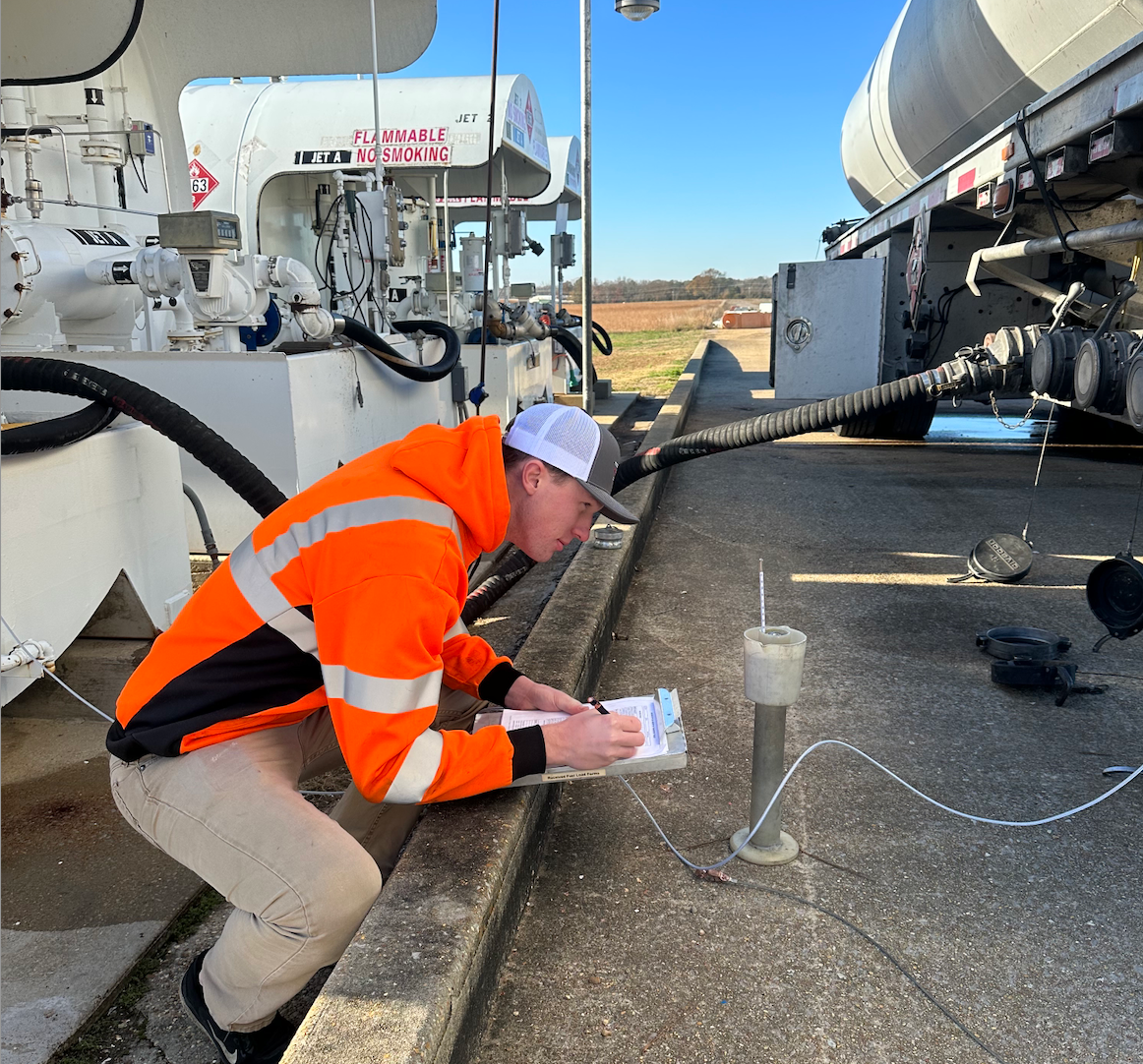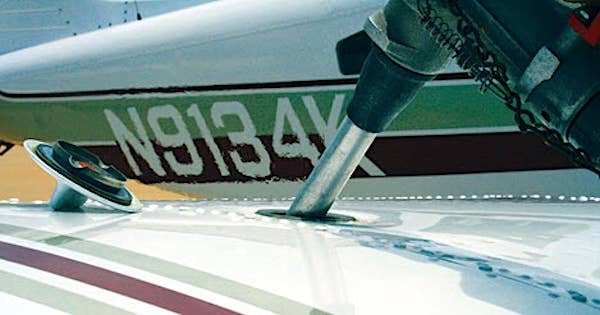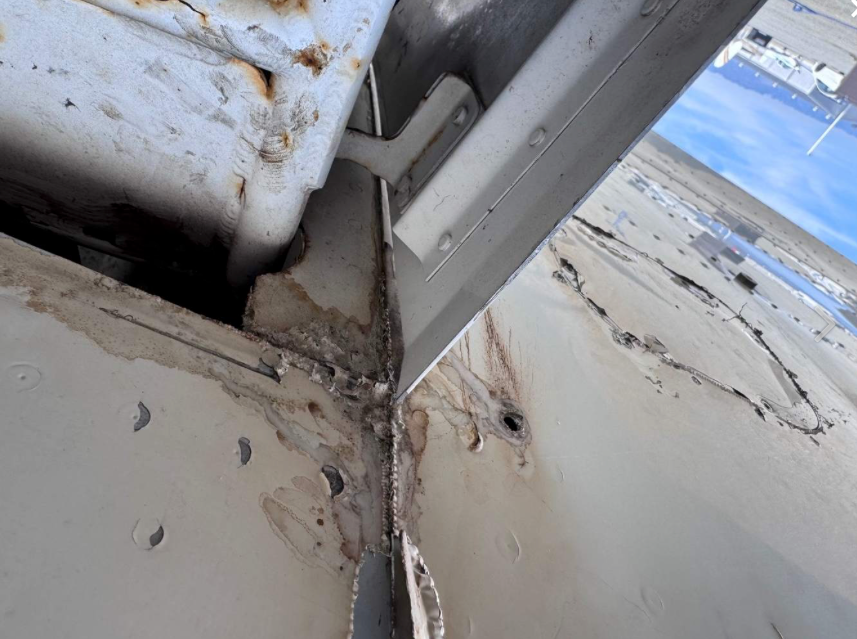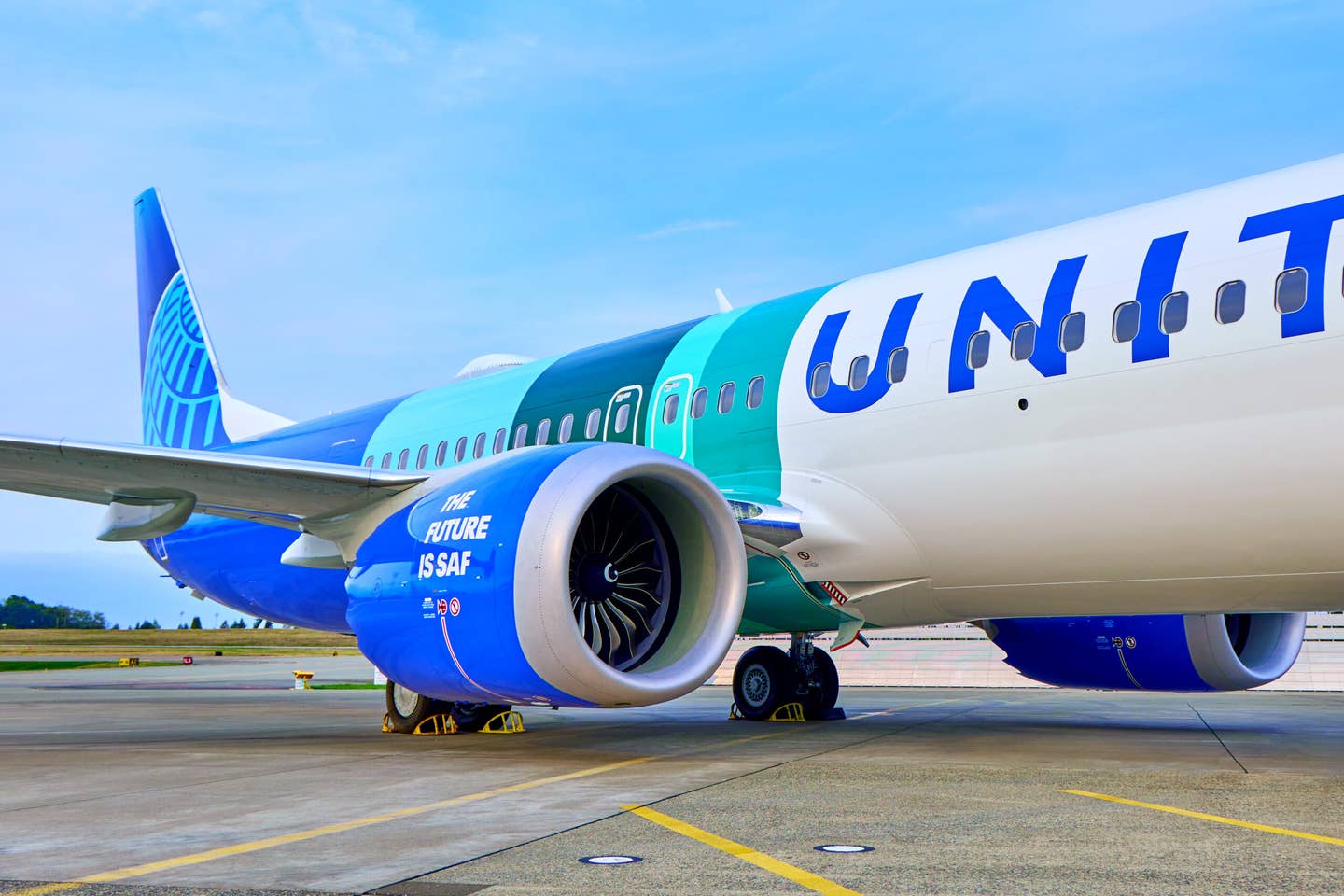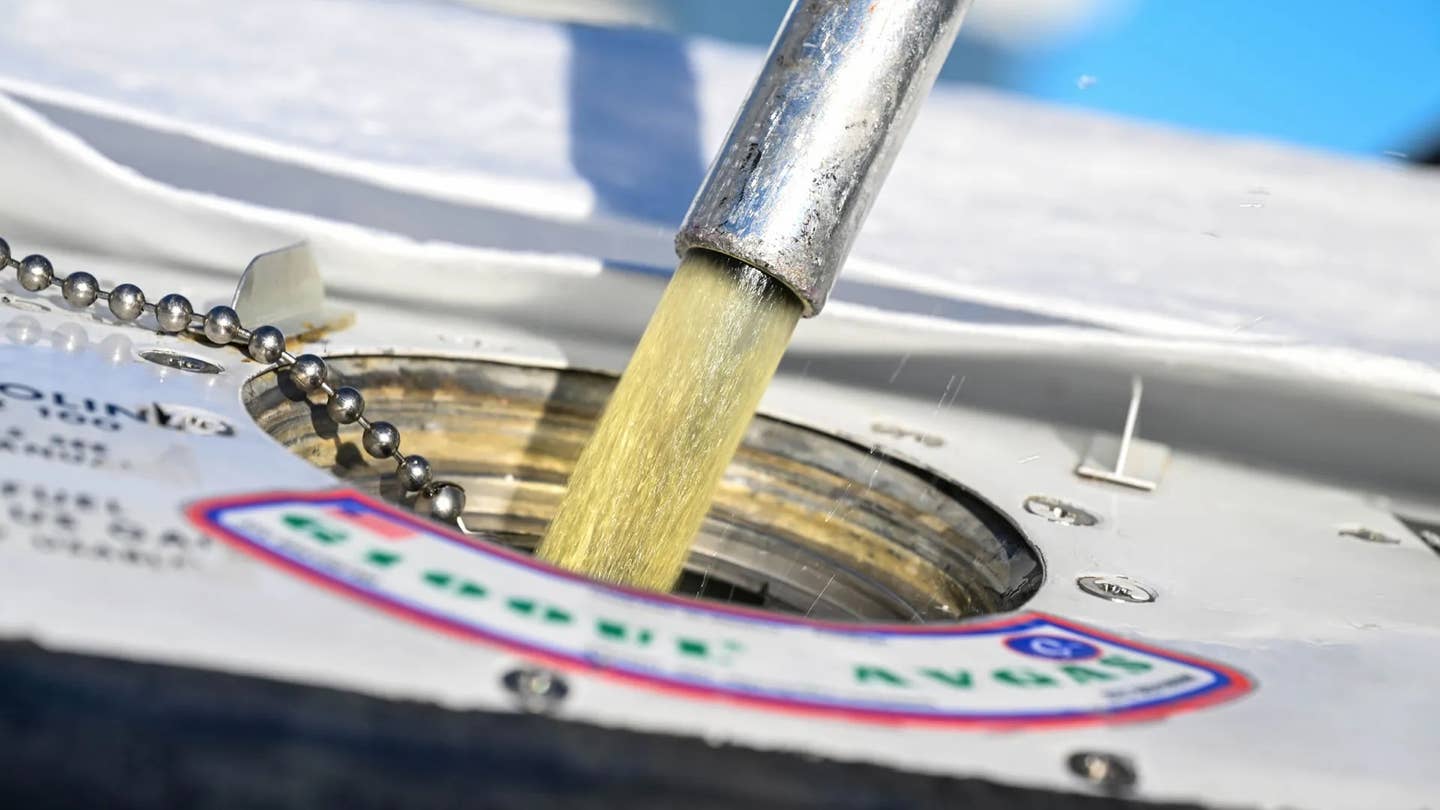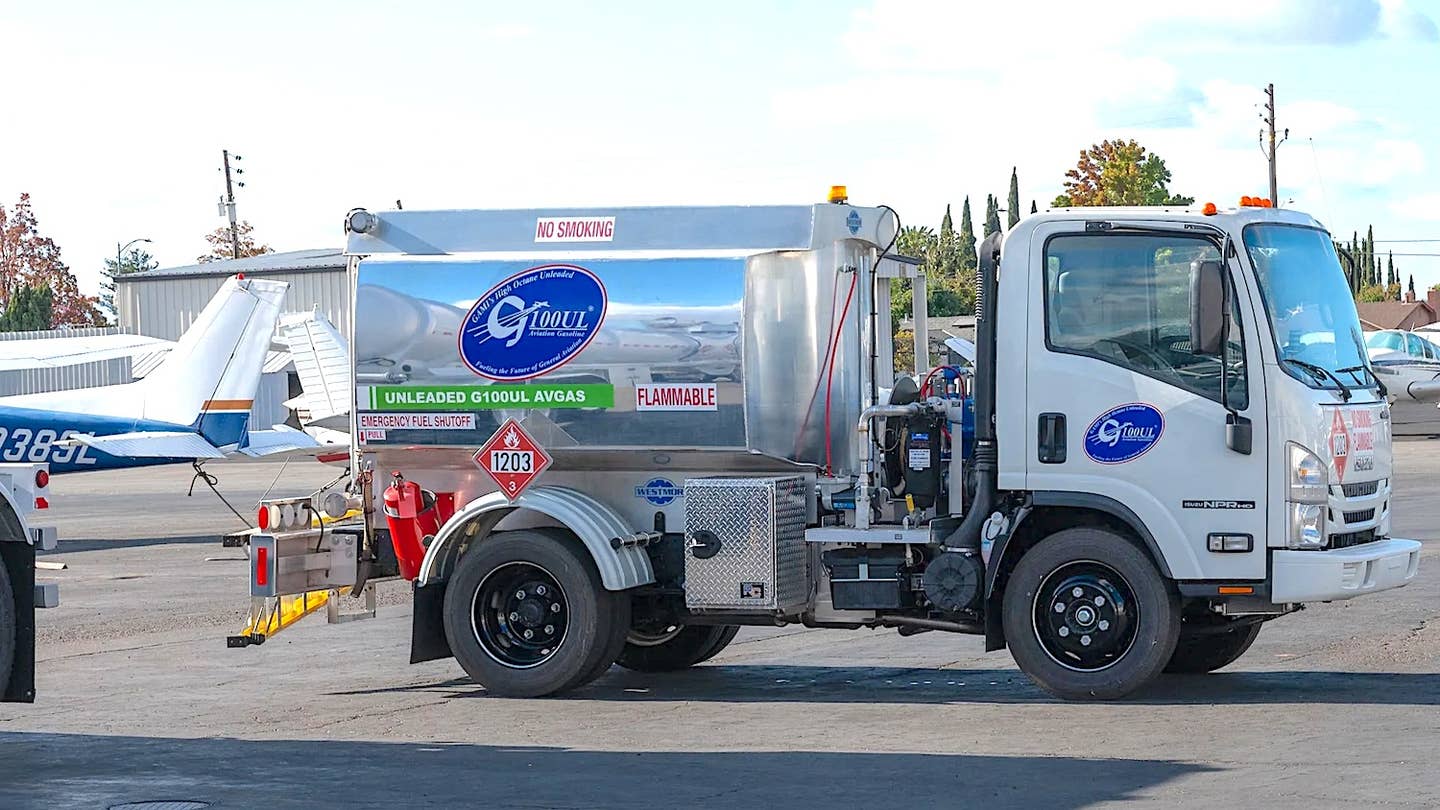The Savvy Aviator #9: Don’t Go Overboard
Engine problems are serious and need to be fixed promptly. But don’t overreact. If one cylinder goes south, there’s seldom a need to replace the other five, or to “major” the engine before its time.
Recently I read an interesting account by a Bonanza owner who encountered an engine problem 11 hours after his aircraft came out of annual. The pilot had crossed the Sierra Nevada Mountains VFR at 12,500 feet westbound en route to the Bay Area, and was descending through 11,000 feet when he felt a bit of engine roughness. After doing an in-flight mag check and studying his JPI engine analyzer, his initial guess was that he had a bad spark plug in the #3 cylinder. But the problem got worse, and so after landing the pilot took the plane to a local mechanic and asked him to perform a compression check. Sure enough, the #3 cylinder measured 20/80 with air whistling past the exhaust valve. Clearly the cylinder was going to have to come off and the exhaust valve and seat replaced.So far, nothing unusual here. Happens every day.What I found interesting was how the owner reacted to this burned valve episode. Here's a brief excerpt of the email he sent to the A&P who he normally used to maintain the aircraft:
"I think the valve may have been burning itself (or the valve seat) to a worse condition as I continued to fly. I am glad I did not tempt myself with the idea of flying it home. It may have burned right through and started an engine compartment fire. No thanks!!"At annual, you told me one of the cylinders had a hint of exhaust leak and that the TCM service bulletin said this was okay, but that we should keep an eye on it. Which cylinder was that? I could not find it in the logs."Assuming a stuck exhaust valve, how do we determine if the cylinder can be saved for a while longer? If it can't, I think our cylinders are old enough that we should do all six, and the bottom is far enough along toward TBO, that it might be time for a major."
Change all six cylinders because of one burned exhaust valve? Pull the engine for major overhaul?Give me a break!
Top Overhaul?
When a mid-TBO engine is found to have one or two "soft" cylinders, mechanics often recommend replacing all four or six cylinders, a procedure commonly referred to as a "top overhaul." The cost of "topping" a six-cylinder engine is approximately $9,000 -- six cylinders at $1,200 each plus $800 in labor for removal and reinstallation.The assumption implicit in a mechanic's advice to "top" an engine is that if one or two cylinders are weak now, the others are sure to follow shortly, and so the owner would be wise to "bite the bullet" and change them all out now, rather than prolong the agony. In fact, I've often heard mechanics tell owners that it's considered "normal" and "standard" for big-bore TCM engines to need a "top overhaul" at mid-TBO.In my experience, such advice is simply wrong.In the 17 years since I purchased my Cessna T310R, I've put about 3,600 hours on its two TCM TSIO-520-BB engines. That's more than two and a half TBOs worth. In all that time, I've had to change only three cylinders (out of 12). The three cylinder changes were separated by many years. Furthermore, the three cylinders all failed for completely different reasons. One was replaced because of a classic cylinder head crack from the injector boss to the spark plug boss. A second was replaced because its Nitralloy exhaust valve guide was defectively manufactured with an improperly machined chamfer that gouged chrome from the exhaust valve stem. The third was an exhaust valve that leaked slightly, and in hindsight probably didn't need to be replaced after all.When the first jug was replaced due to a head crack, I naturally wondered whether the other 11 cylinder heads would follow suit. More than 1,000 hours later, it's clear that they didn't.When the second jug was replaced due to a defective exhaust valve guide, I naturally worried that the other 11 exhaust valve guides were bad, too. Turns out they weren't.When the third jug was replaced because its compression was in the high 50s with air leaking past the exhaust valve, I naturally worried that the other 11 cylinders would deteriorate in compression. As it turned out, my compression readings have actually improved year after year for the past several annual inspections, and at 300 hours past TBO, my compressions are all 73/80 or better.As a result of these experiences, I've become convinced that a six-cylinder engine is really six one-cylinder engines flying in close formation. What happens to one cylinder has no predictive value with respect to the other five (or in a twin, the other 11).Consequently, I teach my Savvy Owner Seminar students that when a soft cylinder shows up at annual, they should simply replace the jug in question and leave the others alone.
Major Overhaul?
The idea of majoring a near-TBO engine because of a bad cylinder is even more ludicrous. TCM and Lycoming build their engines with bolt-on cylinders for a good reason: so bad cylinders can be replaced without having to remove the engine and split the case.Cylinders should be thought of as bolt-on engine accessories, just like alternators, and magnetos. Would you major your engine just because an alternator or magneto failed? Of course not! You'd simply replace the bad alternator or mag. A worn-out cylinder is no different. Just replace the bad jug and keep on flying.The only valid reason for removing an engine for overhaul is failure of some bottom-end component -- crankcase, crankshaft, camshaft, main bearings, accessory gears -- that cannot be repaired without pulling the engine and splitting the case. Overhauling because of a problem with a bolt-on accessory -- cylinder, alternator, magneto, prop governor, vacuum pump, etc. -- makes absolutely no sense at all.If a big-bore TCM engine costs $34,000 to overhaul (including R&R labor, new engine mounts, new hoses, etc.) and has a 1,700-hour TBO, then each hour the overhaul can be delayed is worth $20. If it costs $1,600 to replace a cylinder ($1,200 for the cylinder plus $400 for labor), then the break-even point for cylinder replacement is $1,600/$20 or about 80 hours. Thus, if you can extend the life of the engine by more than 80 hours by replacing a cylinder, you're money ahead to do so.It is not unusual for a cylinder to go bad from time to time. Nobody likes it, but it's not a major catastrophe. When it happens to you (and it will), simply change the cylinder and keep flying. That's why they bolt 'em on. If a mechanic suggests that it would be better to replace all cylinders or to major the engine, just say "no."See you next month.
Want to read more from Mike Busch? Check out the rest of his Savvy Aviator columns.

